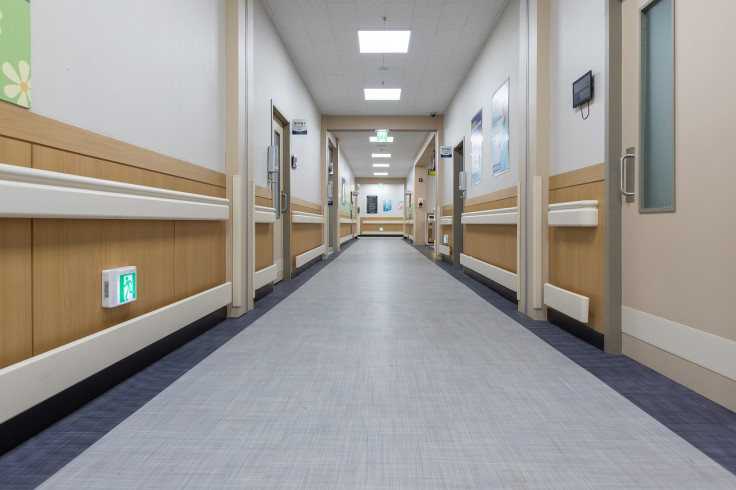
Patients who brush their teeth regularly show a reduced risk of hospital-acquired pneumonia and are at a lower rate of intensive care unit (ICU) mortality, a new study has revealed.
Hospital-acquired pneumonia (HAP) occurs when the pneumonia-causing bacteria in the mouth enter a patient's airways and infect their lungs. Patients who do not have signs of pneumonia during admission develop the condition within 48 hours or more.
People with weakened immune systems are particularly susceptible to developing hospital-acquired pneumonia during their stay. It is the most common and morbid healthcare-associated infection. About one in a hundred patients in hospital develop the infection.
Based on the findings published in Jama Network, researchers recommend patients brush their teeth a minimum of two times daily as a preventive measure against hospital-acquired pneumonia.
The research team found a compelling link between daily tooth brushing and reduced duration of hospital stays and time spent on a mechanical ventilator. The positive impact is particularly evident in people undergoing invasive mechanical ventilation.
"These findings suggest that daily toothbrushing may be associated with lower rates of pneumonia and ICU mortality, particularly among patients undergoing invasive mechanical ventilation; programs and policies to encourage daily toothbrushing are warranted," the researchers wrote.
The team evaluated over 2,800 patients from 15 randomized controlled trials, of which about 80% were admitted to the ICU. Many participants used antiseptic chlorhexidine, along with or instead of brushing, while others used anti-plaque toothpaste, povidone-iodine, saline or purified water.
The results showed that the incidence of hospital-acquired pneumonia was significantly lower, reduced by around one-third, among those who brushed their teeth daily.
"The signal that we see here towards lower mortality is striking—it suggests that regular toothbrushing in the hospital may save lives. It's rare in the world of hospital preventative medicine to find something like this that is both effective and cheap. Instead of a new device or drug, our study indicates that something as simple as brushing teeth can make a big difference," said researcher Dr. Michael Klompas, from Brigham and Women's Hospital in Boston.
"The findings from our study emphasize the importance of implementing an oral health routine that includes toothbrushing for hospitalized patients. Our hope is that our study will help catalyze policies and programs to ensure that hospitalized patients regularly brush their teeth. If a patient cannot perform the task themselves, we recommend a member of the patient's care team assist," said Klompas.
Further studies are required to understand the significance of other factors such as the type of toothpaste used, the need for tongue cleaning and gut cleansing.







